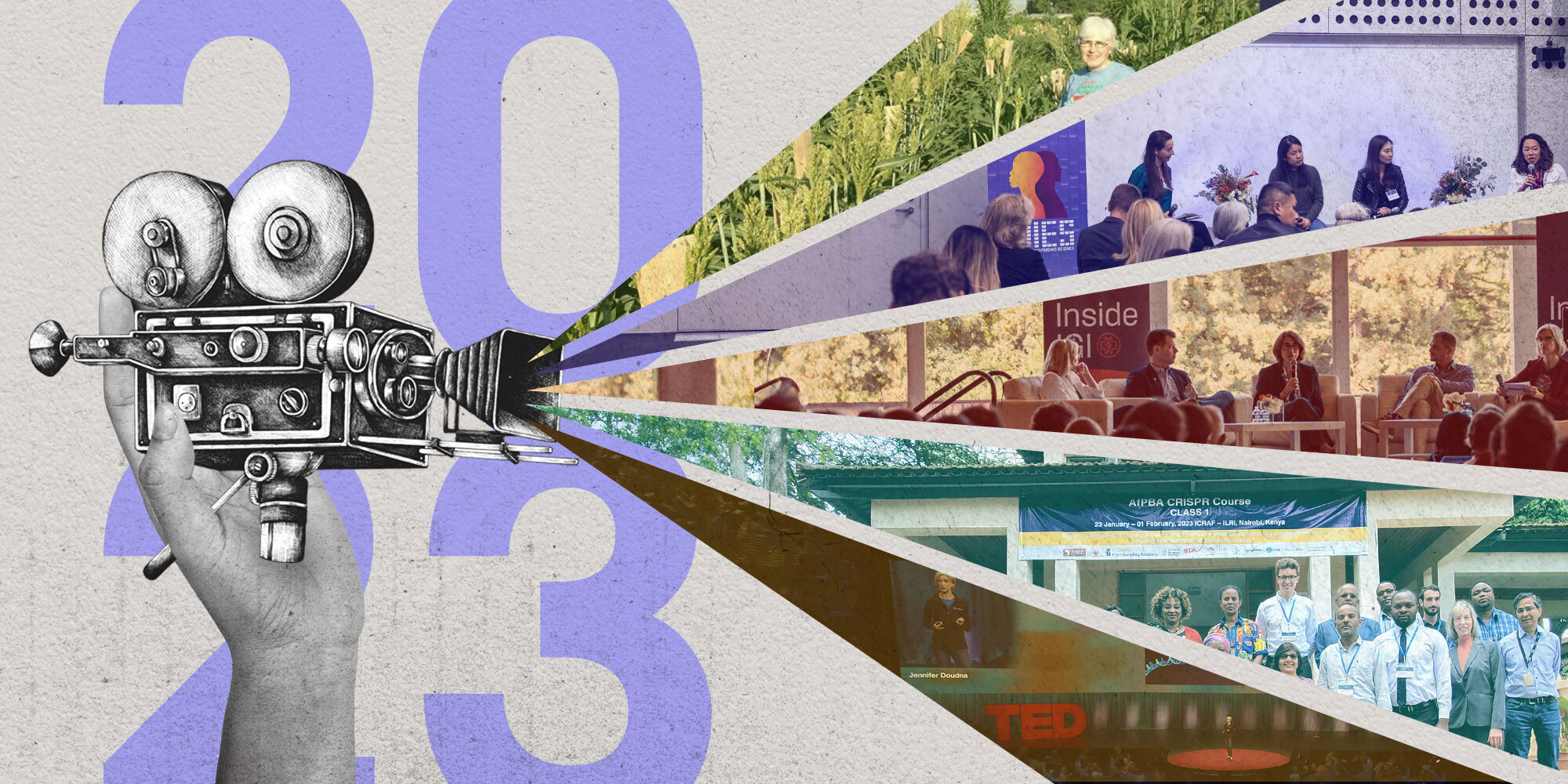
The IGI’s 2023 Year in Review
A look back over a milestone year for CRISPR and the IGI
2023 was a banner year for CRISPR in medicine: just 11 years after the paper by IGI founder Jennifer Doudna and colleagues introduced CRISPR genome editing, the first CRISPR-based therapy was approved in the UK and the US. The world of genome editing is moving at a fast pace, and the IGI is right in the middle of the action. Here’s a look back at some of our most exciting news stories and new resources you don’t want to miss!
Our “audacious” new goal: editing the microbiome
A gift of $70M through the TED Audacious Project is catalyzing a bold new initiative at the IGI: editing microbial genomes directly in the communities where they grow – like the human gut. Jennifer Doudna and Jill Banfield are leading the work, which is looking to tackle childhood asthma and livestock emissions that contribute to climate change. Read more >
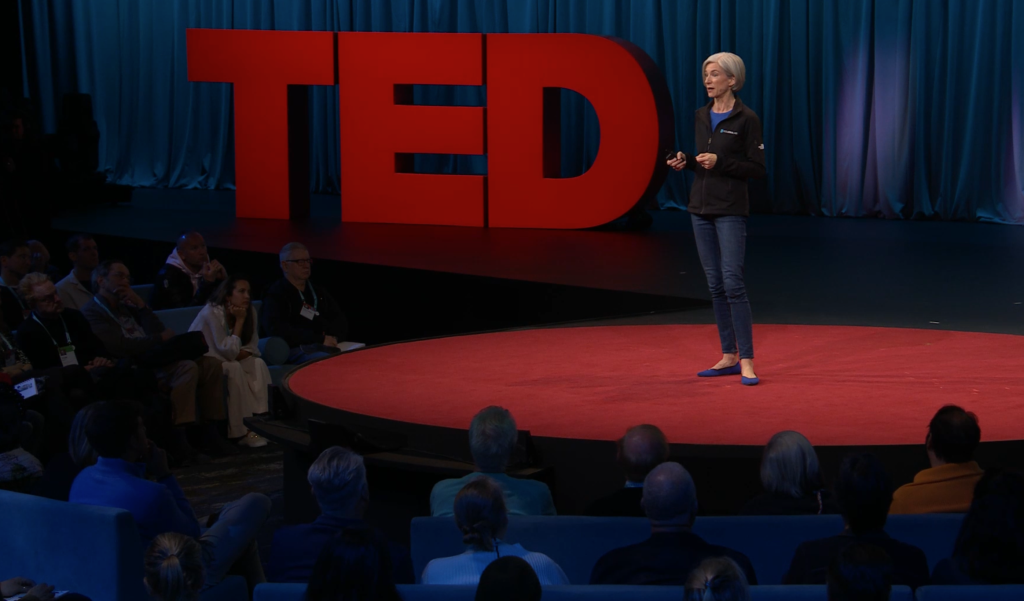
The IGI Affordability Task Force tackles the cost of genomic medicines
IGI’s Public Impact Director Melinda Kliegman and her team brought together experts in academia, healthcare, biotech, government, and intellectual property with a two-fold aim: 1) to create a plan to deliver IGI-developed CRISPR therapies in an affordable way, and 2) to publish and share a roadmap that details bottlenecks and possible solutions for others who are working to develop affordable genomic medicines. See the recommendations here >
Collaborating to create new CRISPR cures for cancer
CRISPR is increasingly being looked to as a tool to improve cancer therapies like CAR-T therapy and also to develop entirely new approaches. The new CRISPR Cures for Cancer initiative unites researchers at UCSF, Gladstone Institutes, and the IGI to develop cutting-edge treatments. This aim is to rapidly bring new treatments to clinical trials. Read more >
Sharing CRISPR tools with African scientists
In a one-of-a-kind course, IGI researchers are teaching plant scientists from across Africa to use CRISPR for genome editing. The goal is to empower these scientists to apply CRISPR to their local contexts, meeting the needs of their communities. This course is a collaboration with partners at UC Davis and the African Plant Breeding Academy. Read more >
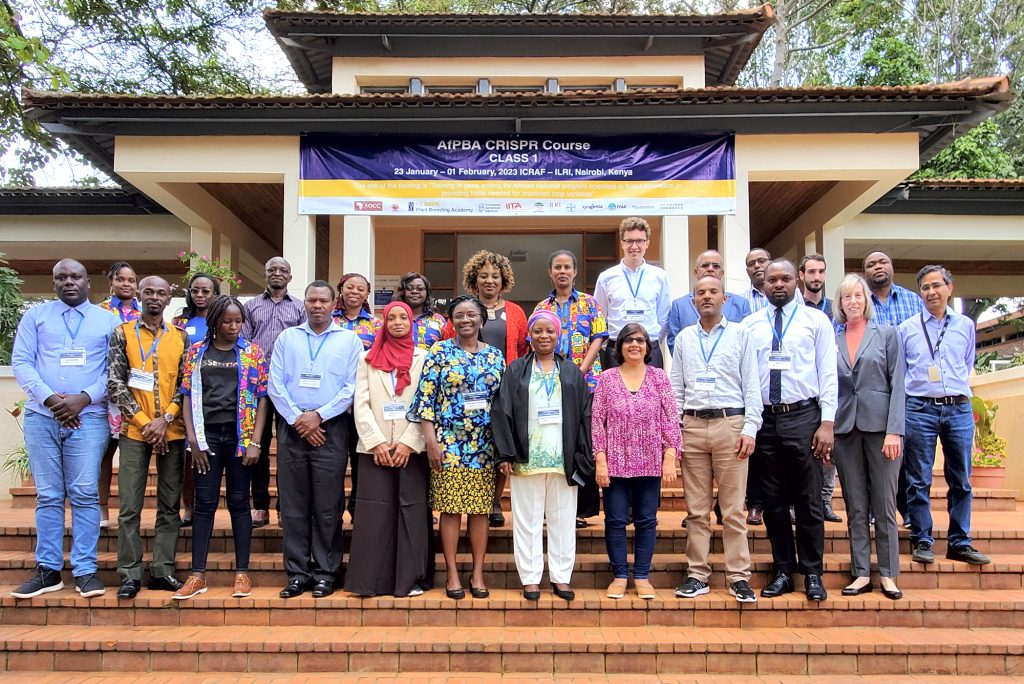
Editing multiple genes safely
Delivery — both targeting the right cells and tissues in the body, and transporting CRISPR editors inside the cells — is one of the biggest challenges for CRISPR therapeutics. IGI researchers have uncovered a novel way to deliver CRISPR to cells that is not only gentler on the cells, but allows researchers to do multiple rounds of edits safely when more than one edit is required. Read more >
Seed funding for women founders
Two of our 2022-2023 Women in Enterprising Fellows, Navneet Matharu and Jenny Hamilton, were selected to receive $1 million in non-dilutive funding to support their entrepreneurial pursuits. Matharu is developing non-editing forms of CRISPR-based therapeutics for genetic diseases and Hamilton is developing a novel method of precisely delivering genome-editing therapies into human cells. Read more >
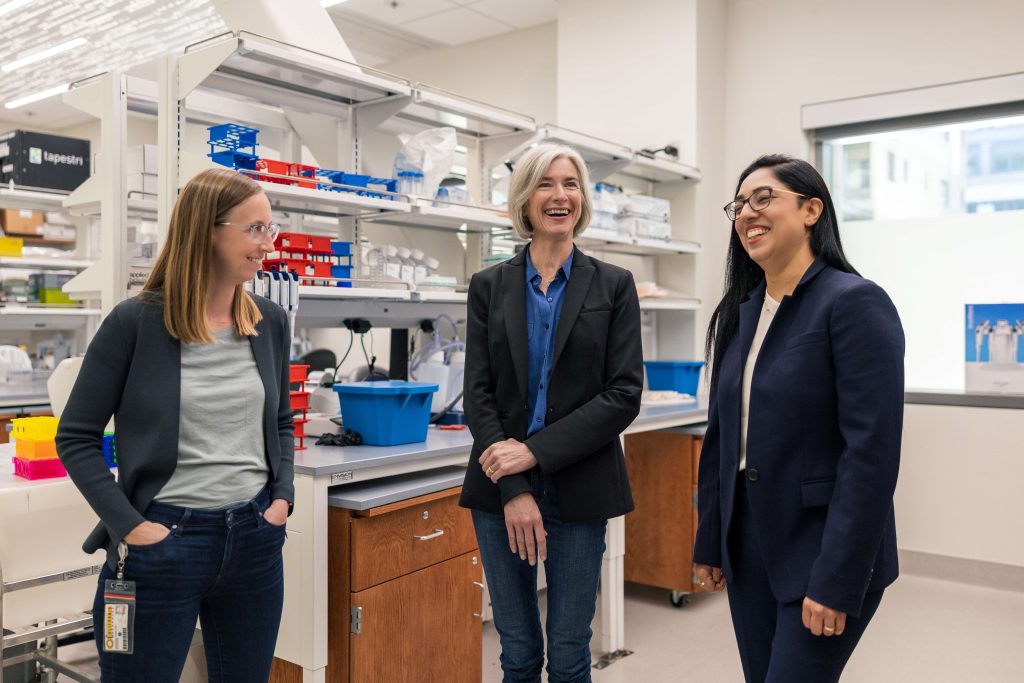
More rice, less water
Rice is a staple food for more than half the world’s population, but in a world with increasing drought, we need better ways to grow this water-hungry crop. IGI’s Director of Sustainable Agriculture, Brian Staskawicz, and his team are using CRISPR to create a new strain of rice that is more water efficient in greenhouse tests. Now, the rice is being grown in a field trial to see if the real-world benefits match what we are seeing in the greenhouse. Read more >

Big award for studying tiny things
IGI Director of Microbiology, Jill Banfield, was awarded the 2023 van Leeuwenhoek Medal for her contribution to the understanding of microbial communities and interactions between microbes and the environment. The van Leeuwenhoek Medal is awarded once every 10 to 12 years to recognize remarkable contributions to the field of microbiology and impact on society. Banfield is the first woman awarded this medal in its 125 year history. Read more >
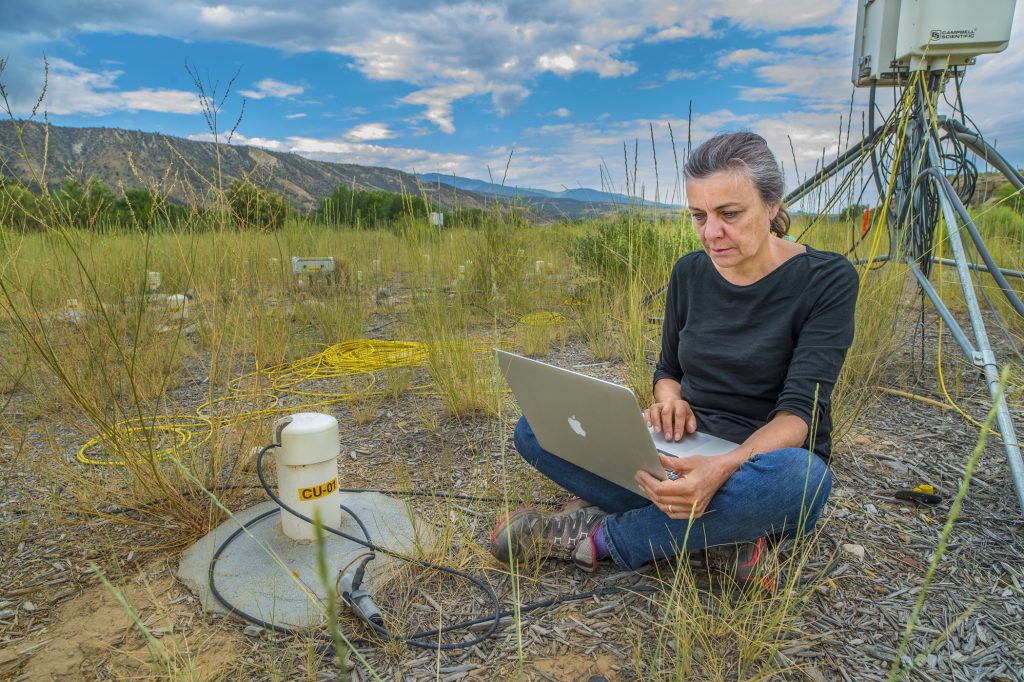
Celebrating women in STEM with a new gallery
In IGI’s Reimagining Women In STEM gallery features, women who have made remarkable contributions to STEM fields are placed in famous works by Western artists. These colorful reimaginings are meant to catch the viewer’s eye, compelling them to look more closely and reconsider prior assumptions. Explore the gallery >
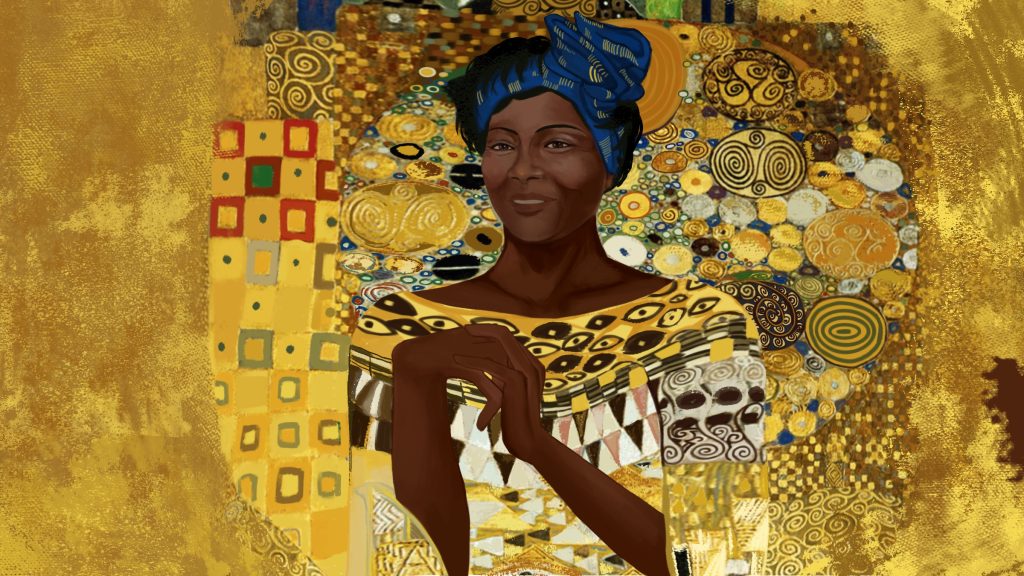
A new resource for researchers: CasPEDIA
CasPEDIA is a new wiki-style resource for STEM researchers and students. CasPEDIA entries include comprehensive information about structure, function, and sequences, as well as experimental considerations for the Cas enzymes that have been characterized. Like Wikipedia, users can search and suggest new entries as new proteins are discovered and described. Read more >
Thanks for supporting us through another fantastic year!
See more about our work over the past year in the IGI 2023 Impact Report
You may also be interested in

Rice Breakthrough Could Benefit Small Farmers Around the World
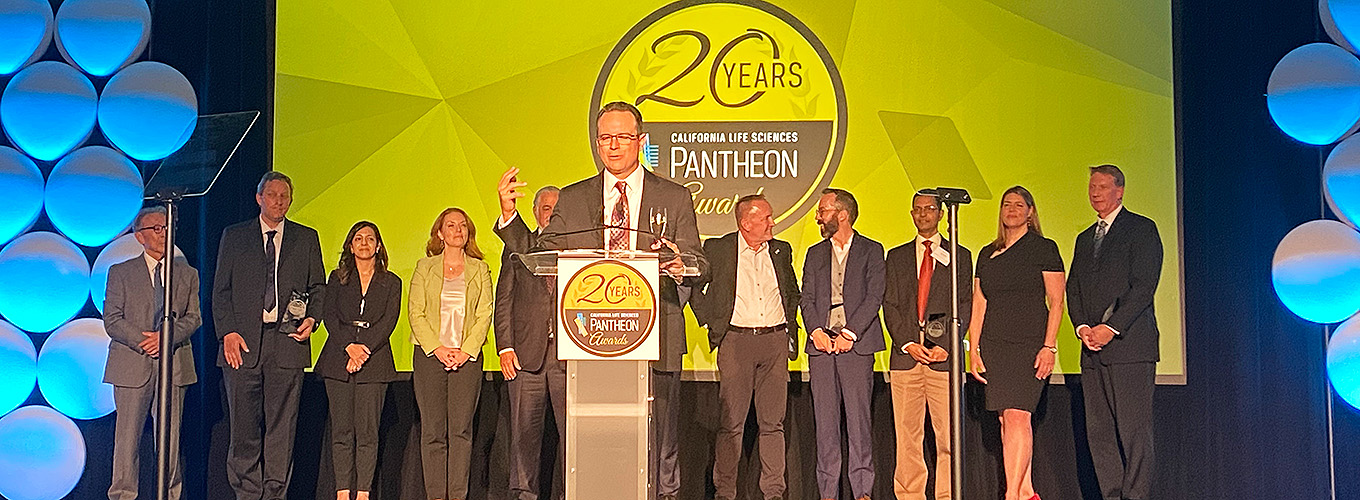
IGI Wins 2023 Champion of Health Equity Pantheon Award from California Life Sciences
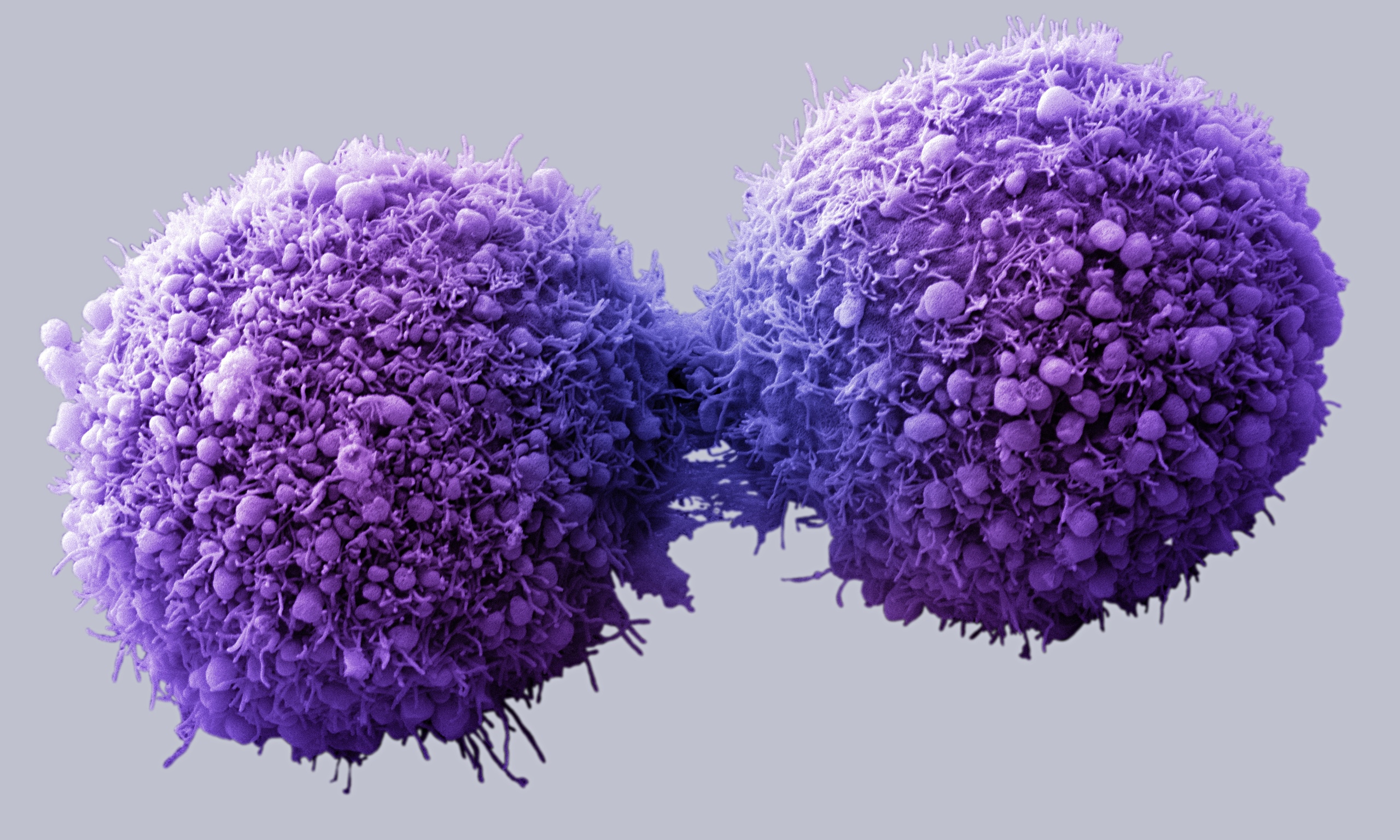
High-Throughput CRISPR Screens Accelerate Genomic Therapies

 By
Hope Henderson
By
Hope Henderson